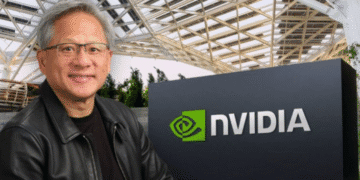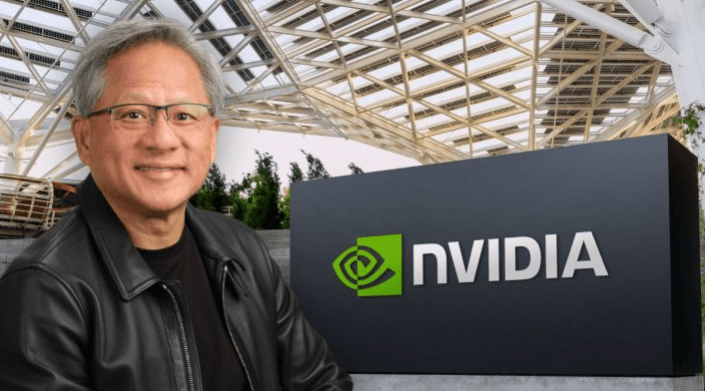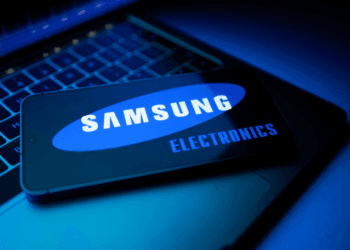Athira Sethu
Kochi, 16 September 2025
U.S. computer chip manufacturer Nvidia has stated that it is complying with all laws after China accused the firm of violating anti-competition laws. This follows a worsening of relations between China and the United States as they fight over computer chip technology.
Nvidia’s spokesman replied, “We comply with the law in all ways.” The company further added that it will also assist government officials who are investigating the impact of U.S. export regulations on the market.
Nvidia is among the largest corporations in the world to produce AI (artificial intelligence) chips. These chips are extremely significant for the future of technology. However, due to escalating tensions between the U.S. and China, Nvidia gets entangled in the middle.
The U.S. government has prohibited Nvidia from selling its most advanced chips in China. Last month, Nvidia was required to return 15% of some AI chip sales to the U.S. government.
China does not like that. China’s government has stated that Nvidia’s chips pose a risk to national security, and it requested Chinese firms to begin procuring chips from Chinese companies rather than Nvidia.
China began investigating Nvidia in December, and its market regulator now states Nvidia has violated anti-monopoly laws. But they haven’t specified what Nvidia did wrong. They will continue to investigate.
This report emerged during China-U.S. trade talks in Spain. Both countries are attempting to negotiate through their issues.
A major subject on the negotiating table was TikTok, a video app used by millions of users with a Chinese parent company. There is a new proposal that TikTok could come under U.S. control in the future to resolve issues.
High-level leaders from both nations have also been talking on the phone, and analysts think this might result in a future summit between Chinese President Xi Jinping and U.S. President Donald Trump.
Meanwhile, all of this, Nvidia still insists it is obeying the law and is negotiating with both sides to resolve the problems.





















